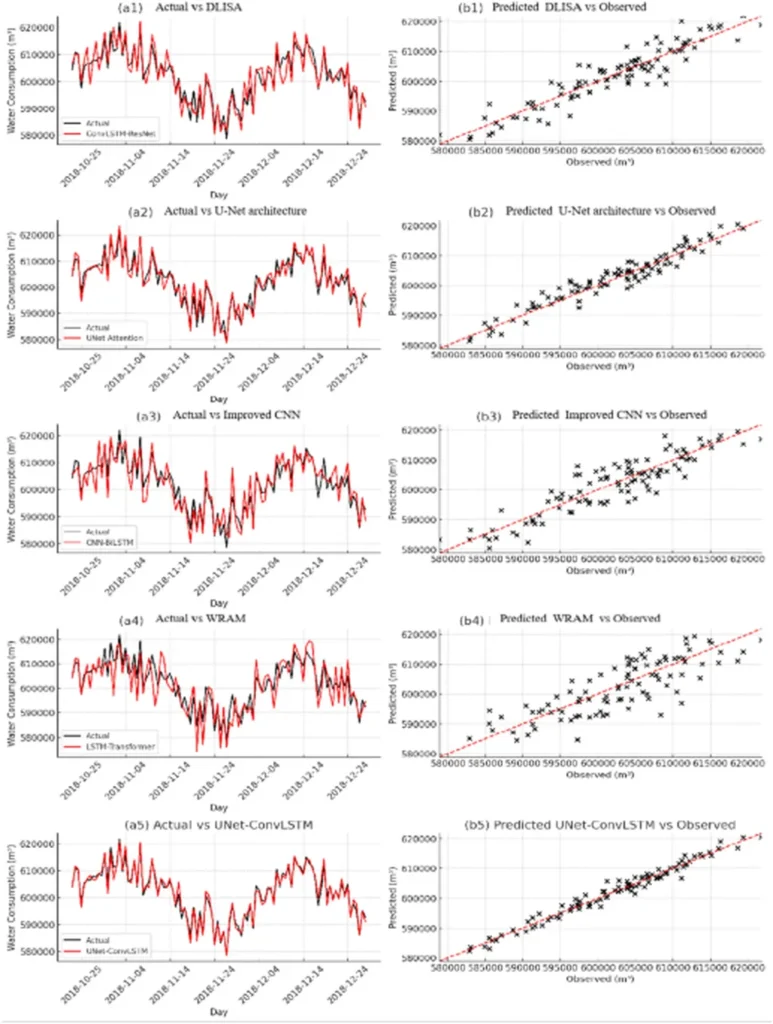In the highlands of Ethiopia, where data is often scarce but the need for efficient water management is critical, a groundbreaking study is offering new hope for climate-resilient irrigation. Researchers have successfully employed ensemble learning techniques to estimate reference evapotranspiration (ET0), a crucial factor in smart irrigation scheduling and agricultural water demand determination. This innovative approach, detailed in a recent paper published in the journal *Smart Agricultural Technology* (translated as *Intelligent Agricultural Technology*), could revolutionize how we manage water resources in data-deficient regions, with significant implications for the energy sector as well.
The study, led by Alebachew Tiruye from the Center of Excellence in Sustainable Disaster Management at Walailak University in Thailand and the Amhara Agricultural Research Institute in Ethiopia, focused on the Tana Basin. This region is vital for agriculture but faces challenges due to climate uncertainty and limited data. Tiruye and his team analyzed 12 years of monthly data from four agroecological zones, using four machine learning methods based on Extra Trees (ET), Gradient Boosting Regressor (GBR), Bayesian Ridge Regression (BRR), and Huber Regression (HR) algorithms. They also experimented with four different input configurations to adapt to varying data availability.
The results were striking. The ensemble models, particularly ET and GBR, outperformed linear models with high point accuracy (NSE > 0.95) and required fewer predictors. “The GBR model, in particular, showed adequate generalization capability across different stations and scenarios,” Tiruye explained. This means the model can be reliably applied in various contexts, even with limited data.
The researchers evaluated their predictions against data from WaPOR and ERA5-Land, finding that machine learning-based models are promising alternatives in regions with data deficiencies. This is a significant breakthrough, as it offers a practical solution for areas where traditional data collection methods are challenging.
The commercial implications for the energy sector are substantial. Accurate ET0 estimation is essential for optimizing irrigation schedules, which in turn can reduce water waste and improve energy efficiency in water pumping and distribution. As climate uncertainty continues to pose challenges, AI-enabled technologies like these can provide the resilience needed to manage water resources effectively.
Tiruye’s research highlights the importance of open-source datasets and AI-enabled technologies as smart agricultural tools. “These models can be integrated into existing irrigation systems to enhance their efficiency and sustainability,” he noted. This integration could lead to significant cost savings and improved resource management for farmers and energy providers alike.
The study not only offers a practical solution for data-scarce regions but also paves the way for future developments in AI and machine learning applications in agriculture. As climate change continues to impact global water resources, the need for innovative, data-driven solutions will only grow. Tiruye’s work is a testament to the potential of these technologies to create a more sustainable and resilient future.
In the quest for climate-resilient irrigation, this research marks a significant step forward. By leveraging the power of ensemble learning and open-source datasets, we can better manage our water resources and ensure food security in the face of climate uncertainty. The journey towards sustainable agriculture is complex, but with innovations like these, the path forward is becoming clearer.

